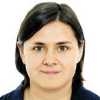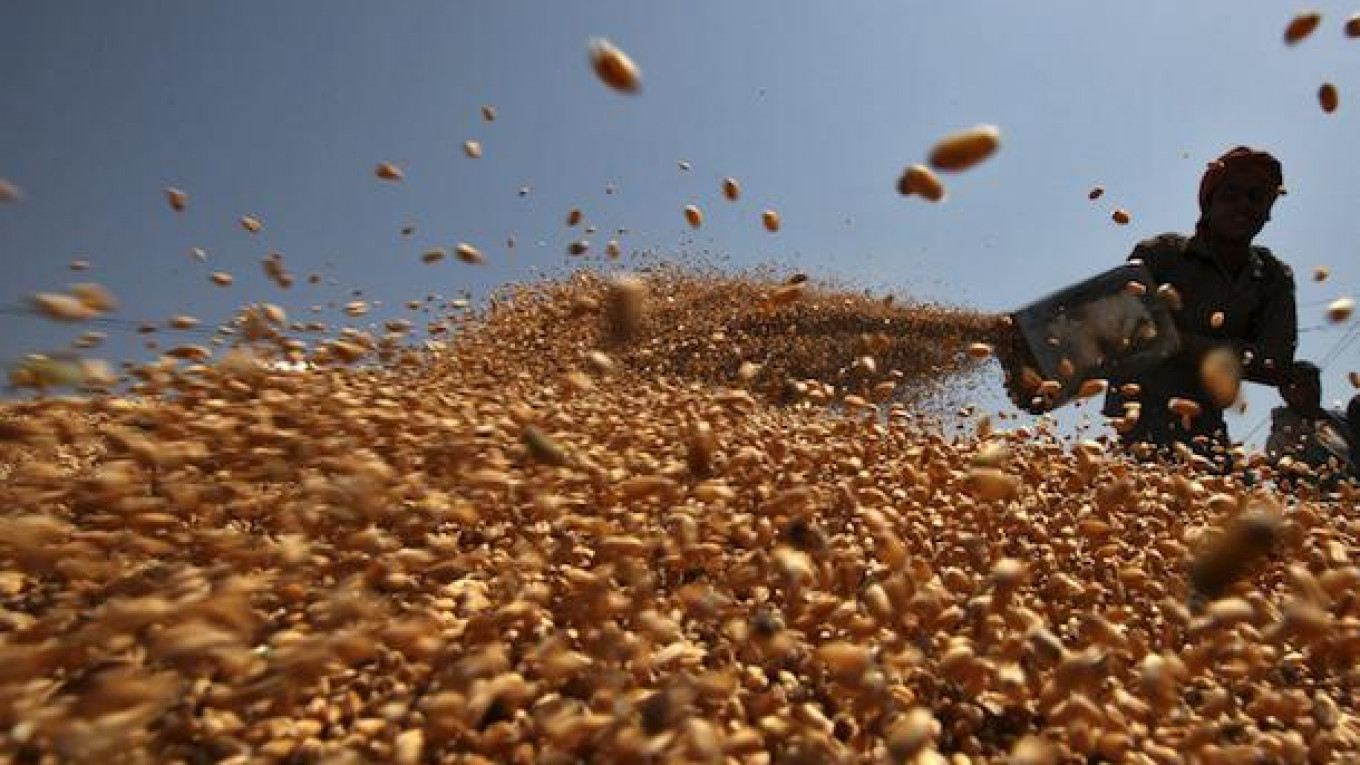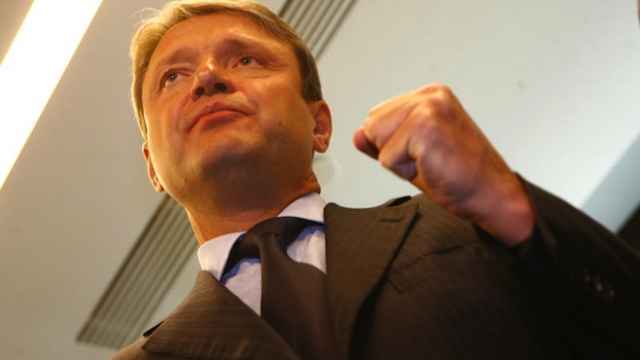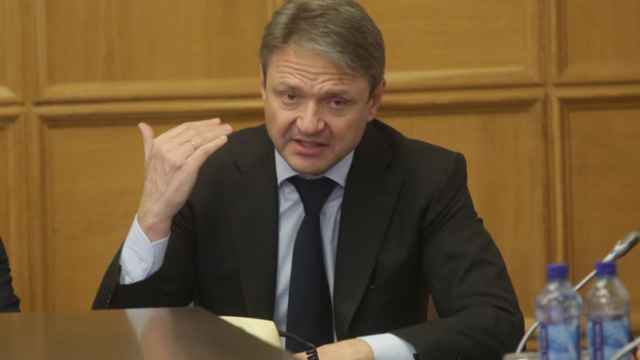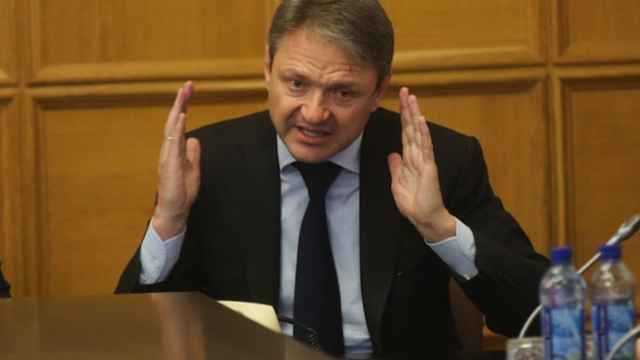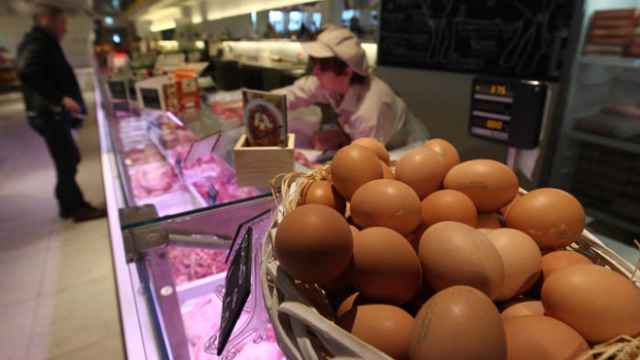Which is more important to the Russian authorities: a winning foreign policy or the success of their import substitution program?
“The time has come to understand that sanctions or counter sanctions will soon end,” said First Deputy Prime Minister Igor Shuvalov, speaking at the Gaidar Forum in Moscow. “In any case, in my work, and that of the Agriculture Minister and Economics Minister, we probably need to understand that counter sanctions will be repealed.”
Shuvalov even named a specific date on which Russian counter sanctions would be lifted – December 31, 2017, most likely basing that on the formal ending date of the current embargo.
Only three months ago and before Donald Trump won the U.S. presidential election, President Vladimir Putin responded to a question concerning the possible repeal of the counter sanctions by saying: “Screw them! That’s the short version, but it’s right.” He referred to the counter sanctions as “countermeasures for protecting our market.” And as recently as this fall, Agriculture Minister Alexander Tkachev stated that it would be good if the counter sanctions remained in place another five years, although he admitted that they could be lifted much sooner.
Of course, the counter sanctions – that were first introduced in August 2014 and later extended and broadened – have had an effect. Initial estimates show that agricultural production increased by 3 percent in 2016. According to the Higher School of Economics, only agriculture showed growth in the first half of 2016 year on year, while industrial production stagnated and sales and construction both declined.
However, experts have repeatedly stressed that even that growth was the result of state support that began even before any sanctions were in place. What’s more, the State Statistics Service recalculated agricultural sector growth over the past year at 2.1 percent, down from 3.1 percent. The devaluation of the ruble also contributed to the rise in the consumption of less expensive domestic food products.
Nevertheless, investors in agriculture, like any other investors, require predictability. But what predictability can there be from such dizzying successes on the foreign policy front?
According to Institute for Agriculture Market Studies Director Dmitry Rylko, Shuvalov is right: sanctions will be lifted eventually and the post-sanctions reality will be a good test of the strength of the agriculture industry. The only problem is any expectations of improved relations with the West and the lifting or easing of sanctions is, for now, based purely on hope.
A Message from The Moscow Times:
Dear readers,
We are facing unprecedented challenges. Russia's Prosecutor General's Office has designated The Moscow Times as an "undesirable" organization, criminalizing our work and putting our staff at risk of prosecution. This follows our earlier unjust labeling as a "foreign agent."
These actions are direct attempts to silence independent journalism in Russia. The authorities claim our work "discredits the decisions of the Russian leadership." We see things differently: we strive to provide accurate, unbiased reporting on Russia.
We, the journalists of The Moscow Times, refuse to be silenced. But to continue our work, we need your help.
Your support, no matter how small, makes a world of difference. If you can, please support us monthly starting from just $2. It's quick to set up, and every contribution makes a significant impact.
By supporting The Moscow Times, you're defending open, independent journalism in the face of repression. Thank you for standing with us.
Remind me later.

